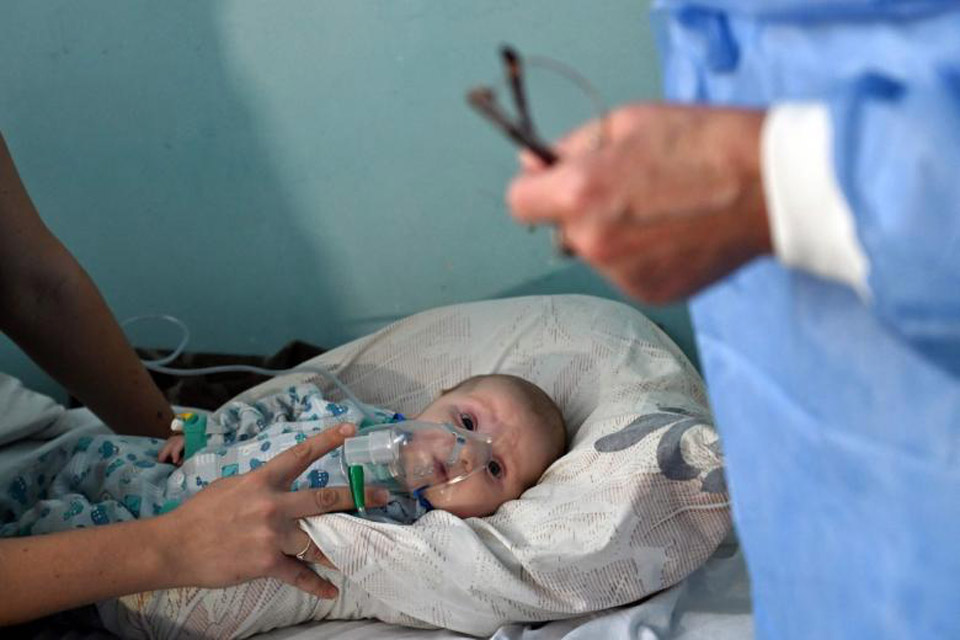
PARIS, March 17, 2022 (BSS/AFP) - Under two percent of babies born to
mothers with Covid-19 then test positive for the virus, a comprehensive study
found Wednesday, with researchers hailing the "hugely reassuring" news for
parents.
The analysis published in the BMJ medical journal reviewed nearly 500
previous studies involving almost 29,000 mothers, offering the most sweeping
insight yet into the risk of transmitting coronavirus during pregnancy.
"This is as comprehensive as it can get in terms of giving the evidence of
mother-to-child transmission," said lead author Shakila Thangaratinam of
Britain's University of Birmingham and the World Health Organization's
Collaborating Centre for Global Women's Health.
"This is a hugely reassuring message for parents and parents-to-be that
less than one percent of babies test positive in the first 48 hours of being
born and overall, less than two percent," she told AFP.
But the study found that babies were more likely to test positive in
severe Covid cases where the mother died or was admitted to intensive care.
Of the 592 babies where there was data on how and when they contracted
Covid, just seven were confirmed to have been infected while in the womb and
two while being born.
Professor Thangaratinam said babies were more likely to be infected after
birth, emphasising that mothers and healthcare workers maintain mask-wearing
and other hygiene measures -- and reduce the number of people coming in
contact with newborns.
The analysis found no link between new-borns testing positive with Covid
and breastfeeding, the method of birth, whether they were premature or had
been separated from their mothers.
"Current evidence does not support measures such as caesarean sections,
mother-baby separation at birth, or formula feeding to avoid Covid-19
transmission to babies," the study said.
"Overall, findings from this review seem reassuring," University of Hawaii
researcher Catherine McLean Pirkle, who was not involved in the study, said
in an editorial published in the BMJ.
Pirkle lamented the "paucity of high-quality data" despite hundreds of
millions of infections worldwide, calling for further research. Thangaratinam
also emphasised the need for far more research on the subject, saying it
would be added to the "living systematic review".